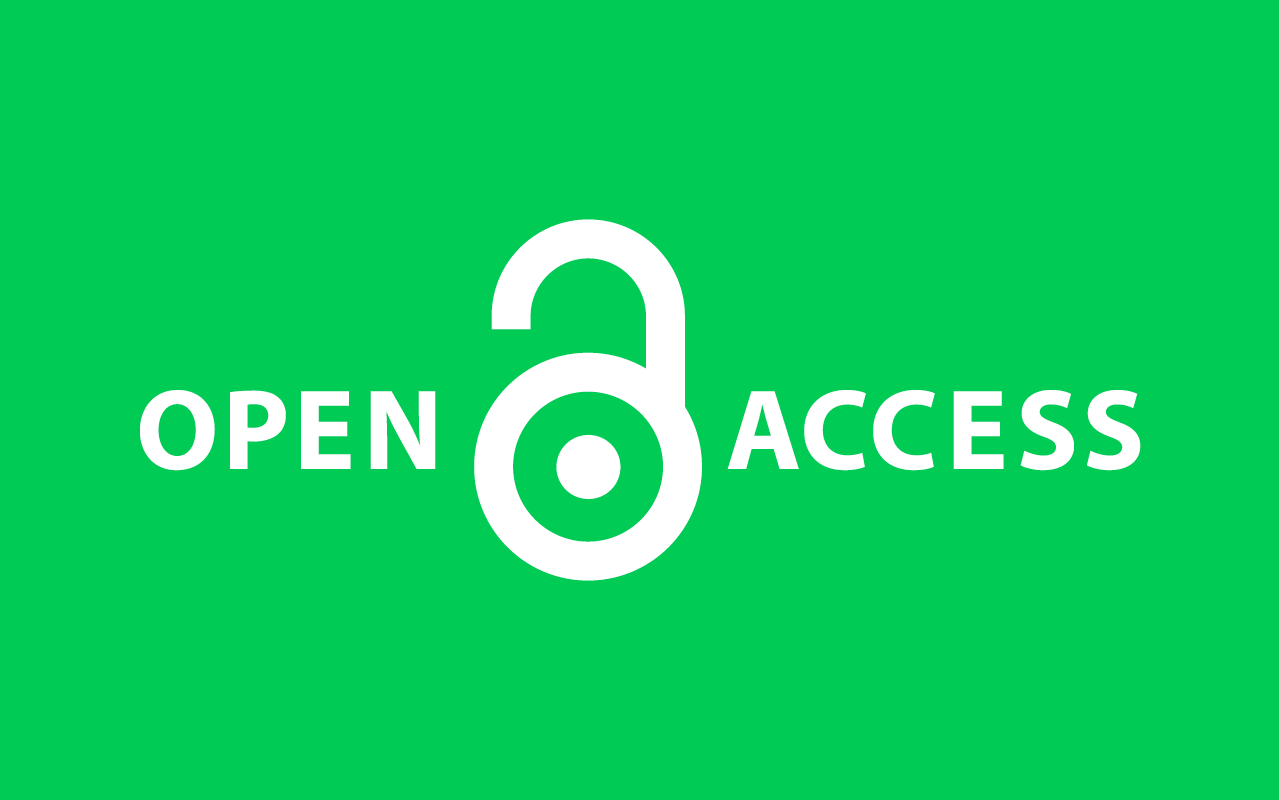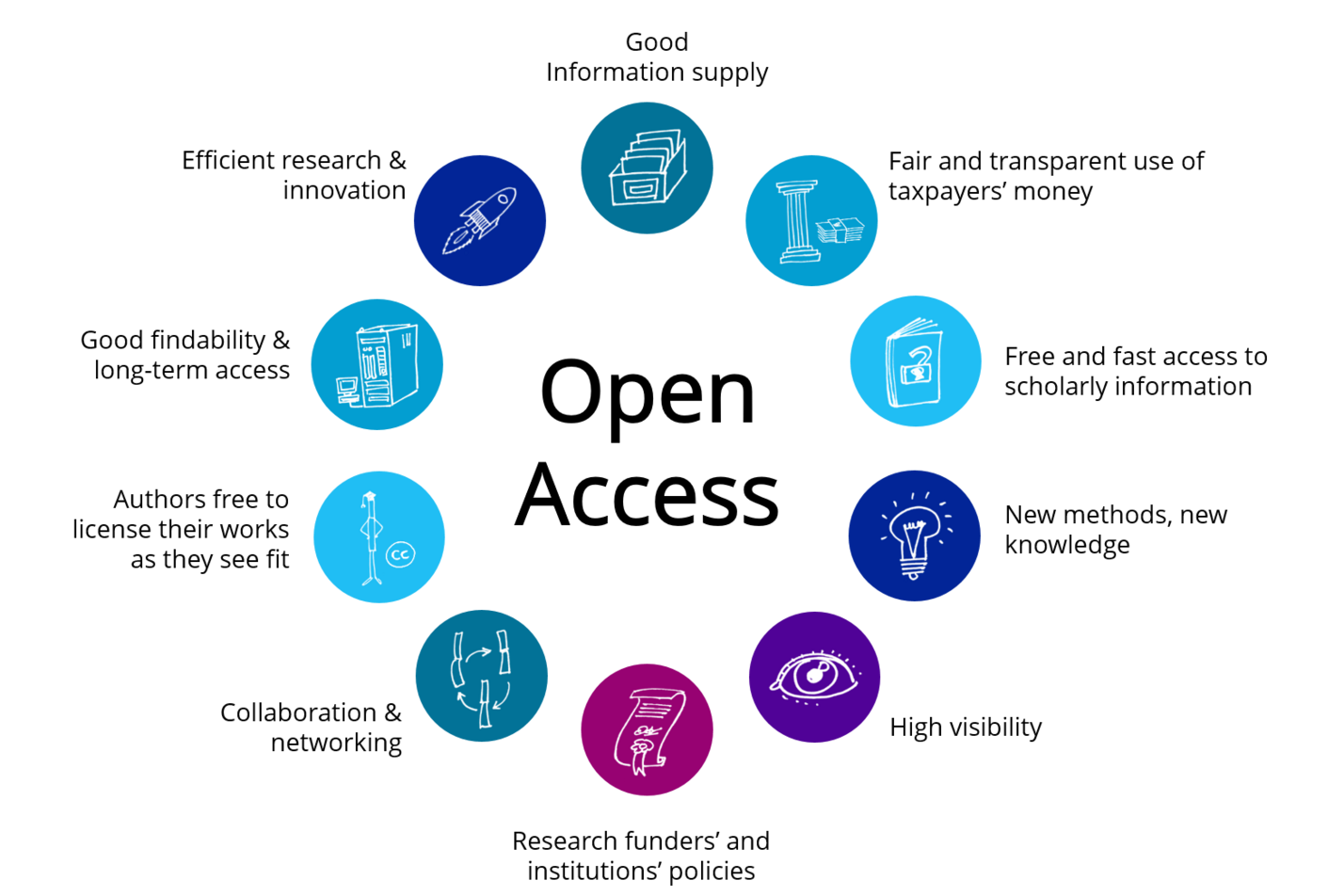
Open Access
“By 'open access' to literature we mean its free availability on the public Internet, allowing any user to read, download, copy, distribute, print, search or link to the full text of these articles, explore to index them, transmit them as data to software, or use them for any other legal purpose, without financial, legal or technical barriers other than those inseparable to access the Internet itself."
The Berlin Declaration on Open Access to Knowledge in the Sciences and Humanities
A publication is considered open access if:
